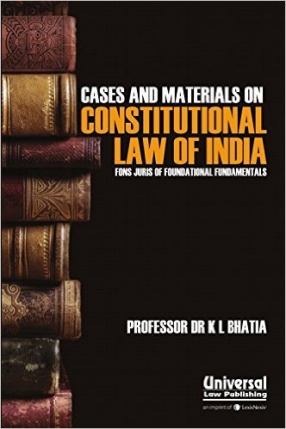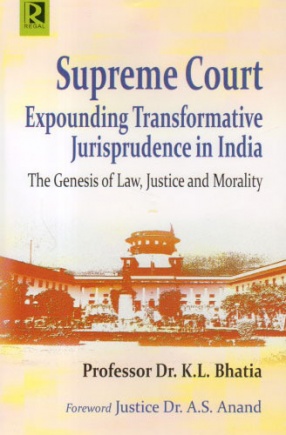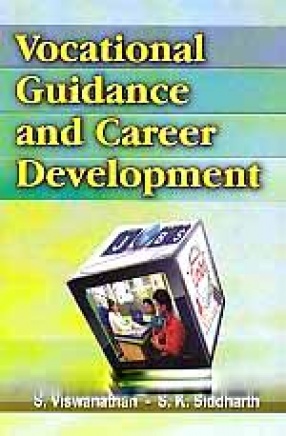The courts whether in India or Germany have a valuable as well as indispensable role in the administrative process though through different routes and mechanisms, viz, judicial process intends to censor or control the executive with a sole purpose that an administrative authority behaves in such a way that it must reach "just ends by just means". Judicial role is not "jus dicere". Judges are neither "discusitized" nor "la bouche de la loi" (the mouth of the law). They do far more is now an accepted reality, judicial review is an armour to check lawlessness–legislative as well as executive. In India, right from the inception of the Constitution of India, the judicial review has effectively been exercised and any endeavour to undermine or crumble its sanctity has been counter productive, i.e. struck down because it being the basic structure of the grundnorm (constitution). In fact, the concept is more akin to the concept of reasonableness and non-arbitrariness pervades the entire constitutional scheme; it is a "golden thread which runs through the whole of the fabric of the constitution. In Germany all state actions–legislative as well as executive–are controlled and checked by the judiciary if equality is violated. The prohibition of arbitrariness is common to all meanings and interpretations which the courts have assigned to equality in Germany, and as such absence of arbitrariness is not an unknown aspect of equality. Suitability, i.e. the means for accomplishing legislative ends must be suitable; necessity, i.e. the means must be the least burdensome or such as are absolutely necessary to achieve a legislative end; and’ proportionality, i.e. the legislative ends and means must have rational or nexus are some of the manifestations of the power of judicial review.
Moot Court and Mock Trials: Art to and Art of Advocacy: Essentials of Court Craft
The traditional system of ...
$36.00
$40.00








There are no reviews yet.